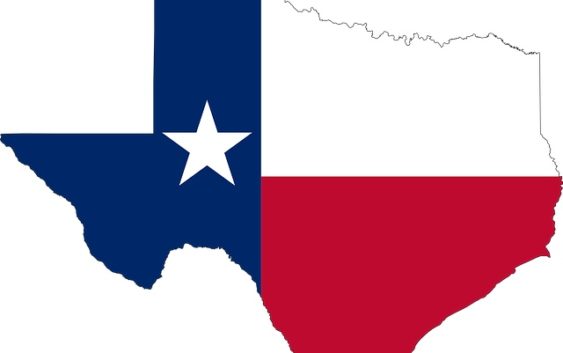- One set of evacuation orders lifted in Caldwell County after wildfire contained
- 'We gutted every building' | Chimney Rock rebuilding after Hurricane Helene
- 'We gutted every building' | Chimney Rock rebuilding after Hurricane Helene
- Debris from Hurricane Helene provides fuel, complicates containment for spring wildfires
- David & Nicole Tepper increase Hurricane Helene relief commitment to $750k
Forecaster Issue Advisories On 3 Tropical Storms

9(MDAxNDE5MTcxMDEyMTgwMzY4Njc5YmU4NQ004))
MARY LOUISE KELLY, HOST:
It is only July, but it’s already busy for the National Hurricane Center. As NPR’s Greg Allen reports, just this week, forecasters are issuing advisories on three systems – two in the Atlantic, one in the Pacific.
GREG ALLEN, BYLINE: It’s been a relatively quiet season in the Pacific so far, but now Hurricane Douglas is bearing down on Hawaii. It’s a major hurricane but is expected to weaken before it hits the island Sunday. In the Atlantic, however, there’s already been eight named storms. Tropical Storm Hanna is forecast to bring a lot of rain and possible flooding to south Texas this weekend. Another tropical storm, Gonzalo, isn’t expected to threaten the U.S. It’s a small system moving west into the Caribbean near South America. Meteorologists are already tracking another system that’s just come off the West African coast. None of this surprises forecasters like Phil Klotzbach. He’s a research scientist at Colorado State University who puts together a seasonal forecast each year.
PHIL KLOTZBACH: Water temperatures in the tropical Atlantic are running very warm, much warmer than normal. So that provides more fuel for hurricanes.
ALLEN: With so many storms this early, some observers are comparing this year to 2005, the year that shattered records with 28 named storms, including Katrina. By this time in 2005, there had already been two major hurricanes. So far this year, despite all the activity in the Atlantic, there hasn’t been a hurricane yet. The peak weeks of hurricane season don’t come until late August, and the prospect of possible evacuations and hurricane recovery in a time of COVID-19 is worrisome to many. Testifying before Congress today, FEMA director Pete Gaynor said his agency is prepared.
(SOUNDBITE OF ARCHIVED RECORDING)
PETE GAYNOR: We respond to flooding in Michigan. We responded to tornadoes in Southern states. We’re ready every day. There’s no doubt that COVID-19 makes this more complicated.
ALLEN: Because of the pandemic, Gaynor says Congress doubled FEMA’s funding this year, and his agency has $70 billion available for disaster response. Greg Allen, NPR News, Miami. Transcript provided by NPR, Copyright NPR.